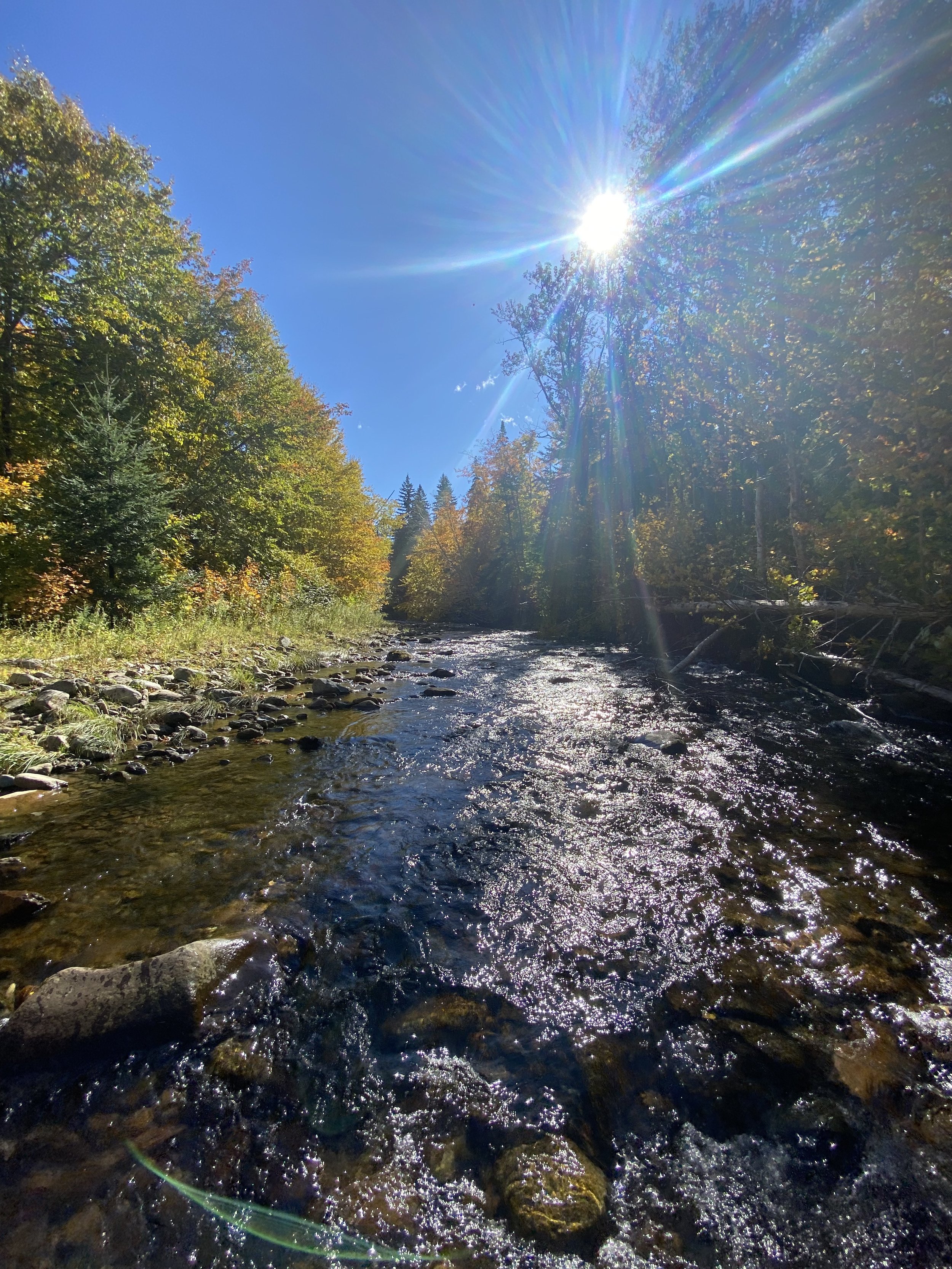
Riparian Zone Ready
Learn more about how Riparian Zone Ready is spurring civic and environmental youth action
Riparian Zone Ready is a land-based learning program led by ACAP Cape Breton and co-directed by youth groups (25 and under) from the four counties of Cape Breton: CBRM, Inverness, Richmond, & Victoria. From Spring 2025 to Summer 2026, youth will plan, present, and implement freshwater habitat restoration solutions with the support of ACAP Cape Breton, researchers at Cape Breton University and two municipalities.
Program Goals:
Develop youth capacity through hands-on freshwater restoration and protection.
Develop youth and community civic literacy, through direct engagement with local governments.
Increased freshwater health.
What is a Riparian Zone?
A Riparian Zone is the interface between land and a river or stream. Healthy riparian zones will host a diverse community of trees, plants, and organisms that assist in filtering and protecting the waterway. Although riparian zones provide crucial ecosystem services, they are sometimes cut down, degraded, or destroyed. Urban development, agriculture, and forestry can all pose threats to healthy riparian habitat. Restoring riparian zones can help offset local biodiversity loss and support climate adaptation.
Source: https://cowsandfish.org/what-is-riparian/
Freshwater Futures Summit 2025
On June 14th, ACAP Cape Breton hosted the first annual Freshwater Futures Summit at the Port Hawkesbury Civic Centre - an event funded by the Canada Water Agency.
Event highlights included:
Learning about the importance of riparian zone* health to the overall health of streams, how riparian zones can be harmed (e.g., tree-clearing, invasive species), and science-based approaches to their restoration;
The importance of stream and riparian health to our island’s terrestrial species at risk;
Hands-on experience with stream water quality testing and ‘critter dipping’ in a nearby wetland, and;
a plant identification walk-and-talk!
We would like to express our gratitude to Malcolm Fenech, Jen Cooper, and Jim Richard for taking time out of their weekend to come and share their knowledge and expertise!
*A riparian zone is the land adjacent to a stream or wetland.
The 2025 summit has concluded, but stay tuned to learn more about upcoming projects and opportunities for youth!









